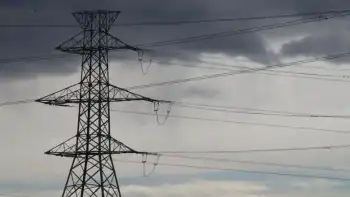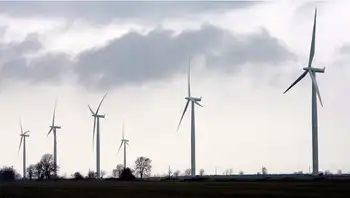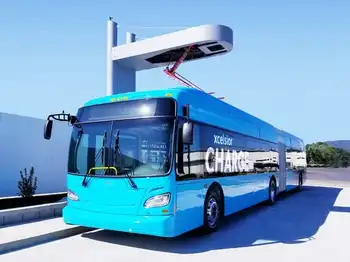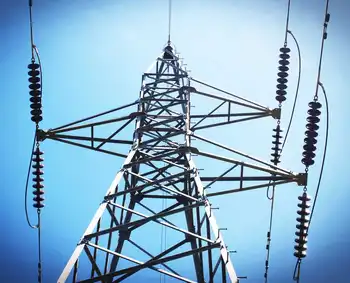China plans to spend big on nuclear power
BEIJING - Nuclear power and high speed rail will top the focus of China's plan to invest $1.5 trillion in seven key industries and shift the world's number two economy away from its role as a supplier of cheap goods, sources said.
State-owned enterprises, rather than the government, will play the main role of channeling the investment, said one source with ties to the leadership.
China envisages high-end equipment manufacturing, including high-speed rail and aviation equipment, becoming a pillar of economic growth alongside energy-saving and environmentally friendly technologies, biotechnology and new generation information technology such as telecoms and the Internet.
The other strategic sectors are alternative energy, advanced materials and alternative-fuel cars.
"China needs to innovate if it is to compete against multinationals in the international arena," said Qiu Gang of the Beijing office of Samsung Economic Research Institute.
"China hopes to become an industrial giant by 2015."
It is that push by emerging economies, and China in particular, into high-end manufacturing that was seen as behind U.S. President Barack Obama's call in his speech to Congress recently for a "Sputnik moment", fed by spending in education and research, to make sure the United States does not lose its technological edge.
A source with ties to the leadership told Reuters in December 2010 that the State Council, or cabinet, is considering investing up to $1.5 trillion in the sectors. The government has not publicly stated any figure.
The amount is part of a 2011 to 2015 five-year plan which needs approval the National People's Congress, or parliament, which holds its annual full session in March.
Analysts have expressed scepticism over the size of the investment which equates to about five percent of China's gross domestic product on an annual basis.
But they say it is an indication of the government's determination to force a structural shift in the economy.
A second source with leadership ties dismissed the doubts and said nuclear energy and high-speed rail would be the flavor of the decade, rather than wind or solar power.
"State-owned enterprises will play the leading role," the source said, requesting anonymity due to sensitivities.
The private investors will be given incentives such as tax breaks and low interest bank loans, with national and local governments chipping in.
The government is expected to unveil preferential policies later this year, possibly allowing private enterprises to use intellectual property rights as collateral to obtain loans.
Related News

Electricity alert ends after Alberta forced to rely on reserves to run grid
CALGARY - Alberta's energy grid ran on reserves Wednesday, after multiple factors led to a supply shortage.
At 3:52 p.m. Wednesday, the Alberta Electric System Operator issued a Level 2 alert, meaning that reserves were being used to supply energy requirements and that load management procedures had been implemented. The alert ended at 6:06 p.m.
"This is due to unplanned generator outages, low wind and a reduction of import capability," the agency said in a post to social media. "Supply is tight but still meeting demand."
AESO spokesperson Mike Deising said the intertie with Saskatchewan had tripped off, and an issue on the…




